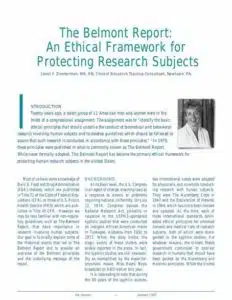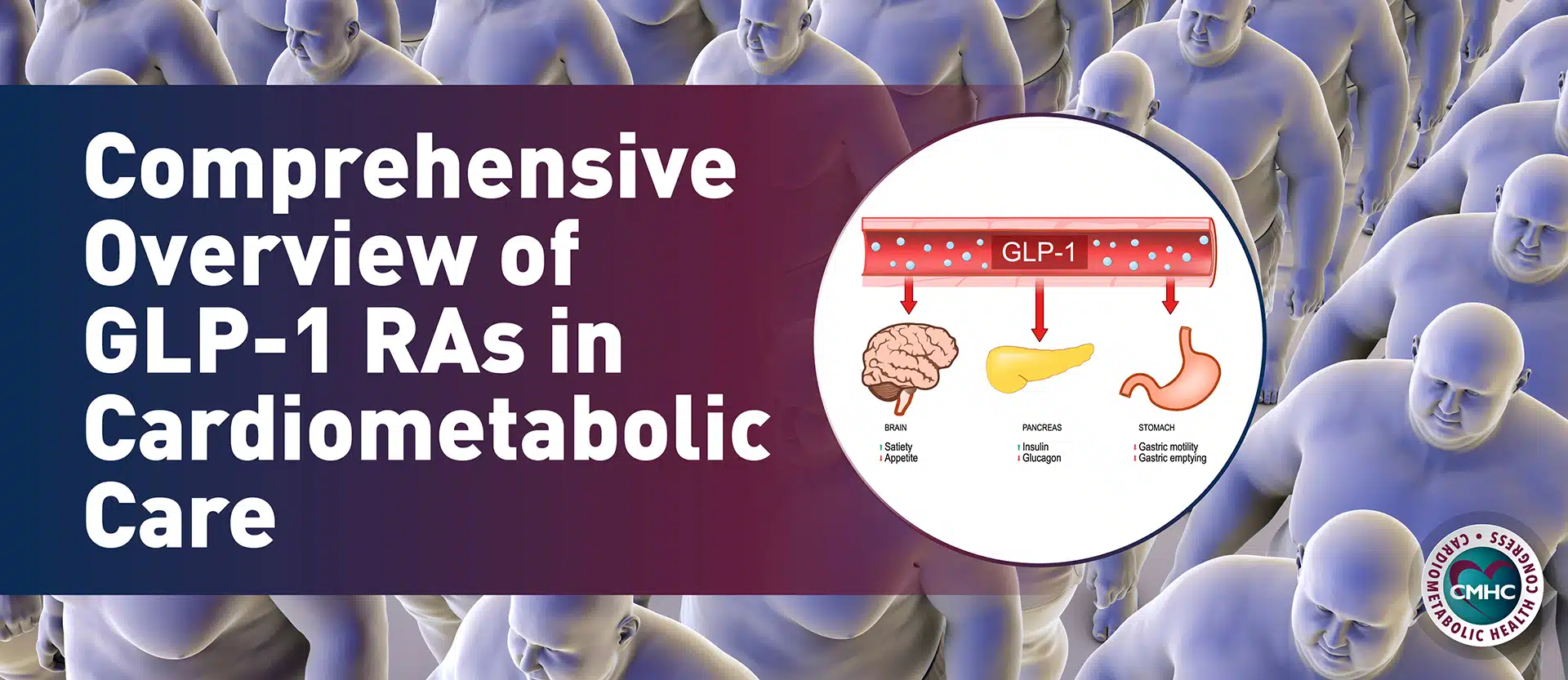Recent findings from a University of Calgary study show that individuals who recently received an influenza vaccination had a 22.5% lower risk of stroke compared with those who were unvaccinated.
The study, conducted by Jessalyn K. Holodinksy, PhD, and her colleagues at the University of Calgary, assessed the risk of any stroke type in people with and without recent influenza vaccination. Any stroke type was defined as: acute ischemic stroke; intracerebral hemorrhage; subarachnoid hemorrhage; or transient ischemic attack, and recent vaccination was defined as any dose of an influenza vaccine within the last 182 days.
The study enrolled 4,141,209 Canadian adults between 2009 and 2018. Over the course of the entire study period, 42.73% of subjects had received at least one dose of an influenza vaccination and 38,126 individuals experienced a stroke. It was found that recent influenza vaccination reduced the risk of any stroke type by 22.5% in subjects recently vaccinated against influenza compared with unvaccinated subjects.
Researchers say two strengths of their study, published in The Lancet Public Health, are that the study used data from an entire population over a period of 10 flu seasons, and that it took place in a province with a single health care system.
“We found that the risk of stroke was significantly reduced in the six months following an influenza vaccination. The findings suggest broad influenza vaccination may be a viable public health strategy to prevent stroke.” – Dr. Holodinsky, postdoctoral scholar at the Calgary School of Medicine and first author on the study
Flu and stroke
A stroke causes a life-threatening condition in which the blood supply to part of the brain is cut off. Risk factors include high blood pressure, diabetes, heart and blood vessel diseases, smoking, older age, and being of female sex. Possible mechanisms by which influenza infection and stroke are linked include platelet activation or aggregation, inflammation- or dehydration-induced thrombosis, impaired endothelial function, arterial dissection, and infection-related cardiac arrhythmias. People immunized with the influenza vaccine are at lower risk of influenza infection and, as a result, are at a lower risk of experiencing a stroke through the mechanisms described above.
Sex and age difference
Vaccination was associated with a reduced risk of stroke in both men and women, but the magnitude of benefit was larger in men than women. This difference could be attributed to unvaccinated men having a higher baseline stroke risk than unvaccinated women. Vaccination showed protection in all age groups, with a larger relative reduction in risk in younger participants. This may be attributed to a decreased biological response to vaccination in older adults, increased incidence of stroke in older adults, or a possible age difference in infectious triggers for stroke onset.
“We know that upper respiratory infections often precede heart attacks and strokes. Preventing or reducing the severity of influenza provides a protective factor particularly for stroke. The protective association was very strong. We saw it benefitted both men and women and that there was a clear reduction in risk of stroke with increasing age for those who had a flu shot.” – Michael D. Hill, MD, Professor at Cumming School of Medicine at the University of Calgary and study supervisor
Important considerations
A factor important to consider in the interpretation of the results is that the participants were followed after making a personal choice whether or not to be vaccinated. Individuals likely to elect to be vaccinated may adopt other positive healthy choices which may contribute to the reduced risk of stroke compared to their nonimmunized counterparts.
A randomized study assigning participants to either receive or not receive the influenza vaccine would be necessary to account for that variable, but would present an ethical dilemma, as outlined in the Belmont Report. This report covers ethical principles and guidelines for the protection of human research subjects, and was developed by the National Commission for the Protection of Human Subjects of Biomedical and Behavioral Research.
Conclusion
Based on the potential for influenza vaccination to be used as a public health strategy to prevent stroke, the study authors recommend further studies in more varied settings. This data may support the present findings that risk of stroke is reduced among people who have recently been vaccinated against influenza compared with those who have not. More data could extend this protective principle to the entire adult population irrespective of baseline stroke risk or existing cardiovascular disease.
Source:
https://www.thelancet.com/journals/lanpub/article/PIIS2468-2667(22)00222-5/fulltext


















